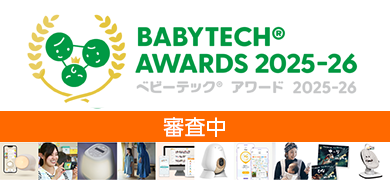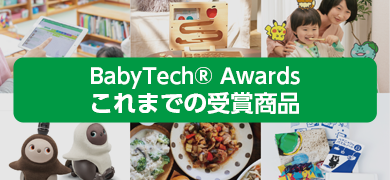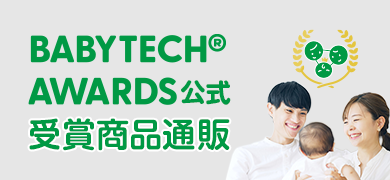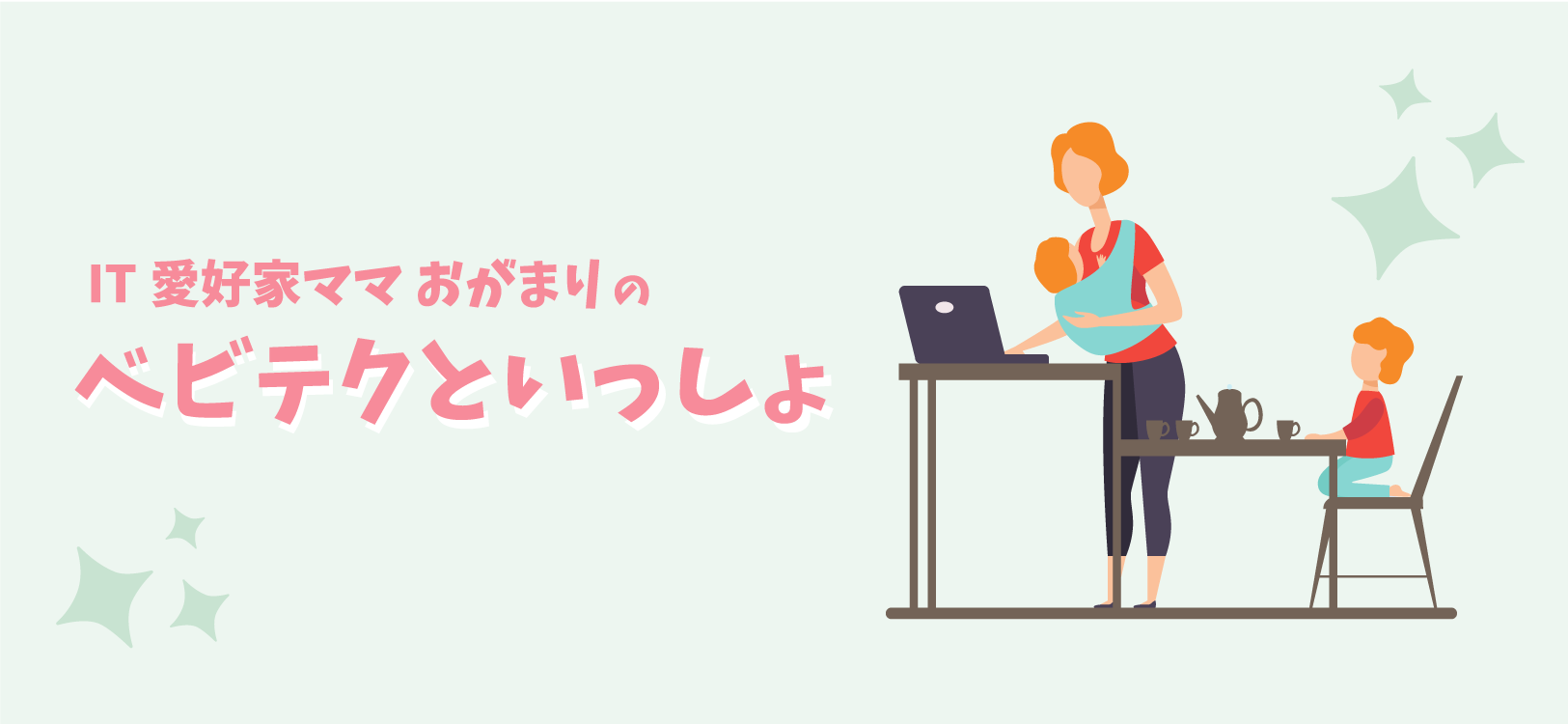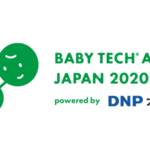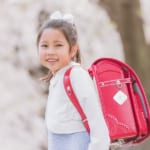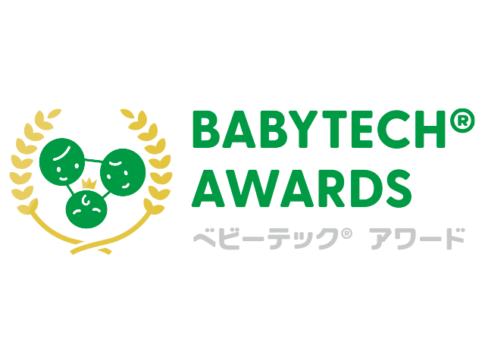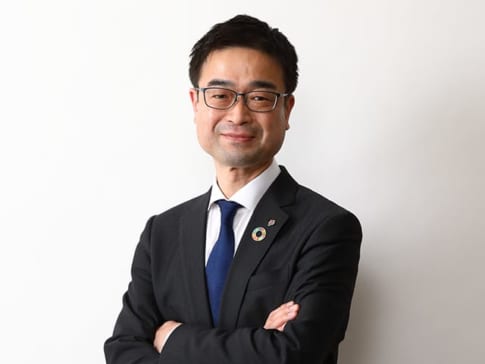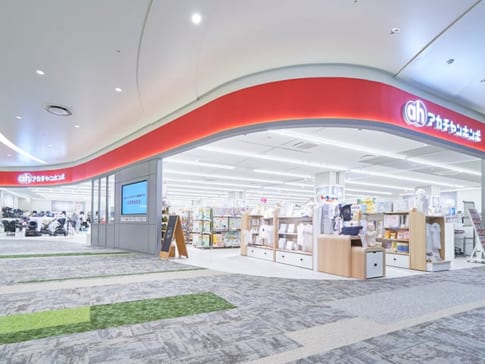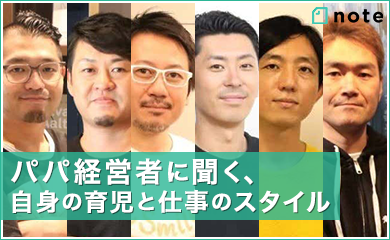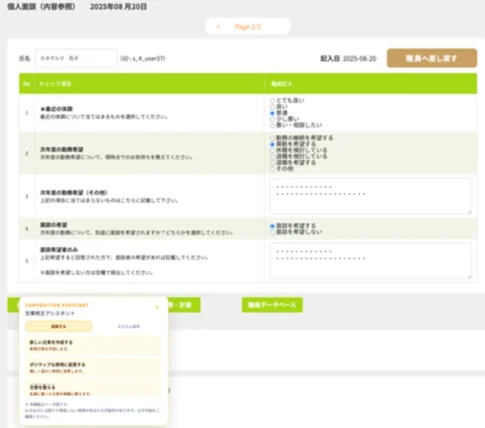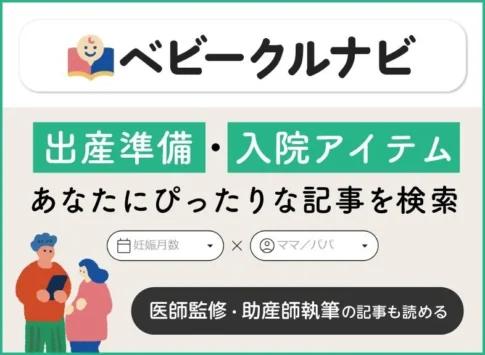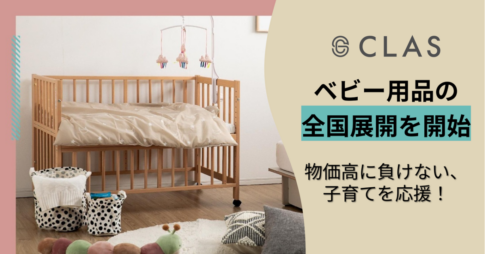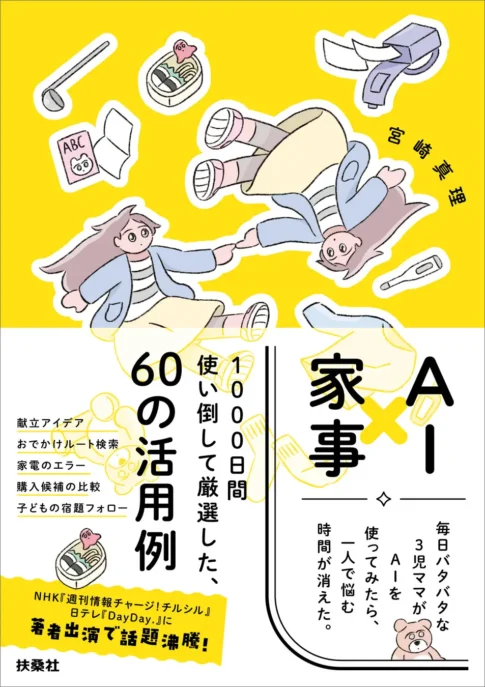- In addition to monitoring a child's nap, body temperature can be measured and shared with parents via a dedicated app.
- Visualization" of children's physical condition data and facilitating communication between moms and dads
- With the use in daycare centers as an entry point, the company aims to utilize the service in "sitter services" and "homes".
Currently, the "noon-sleep monitoring" genre is attracting the most attention in the domestic baby tech industry. Various manufacturers have entered the market with their own unique systems, which are being introduced one after another in daycare centers across the country with great success. In this environment, "icuco," which will make a full-scale entry into the field of "nap monitoring" in April 2020, may be considered a latecomer to the field. The BabyTech.jp editorial staff interviewed Yoichi Yanase, Representative Director of wkwk, Inc. (wkwk), the developer of icuco, and asked him about the service, its development process, and future development.
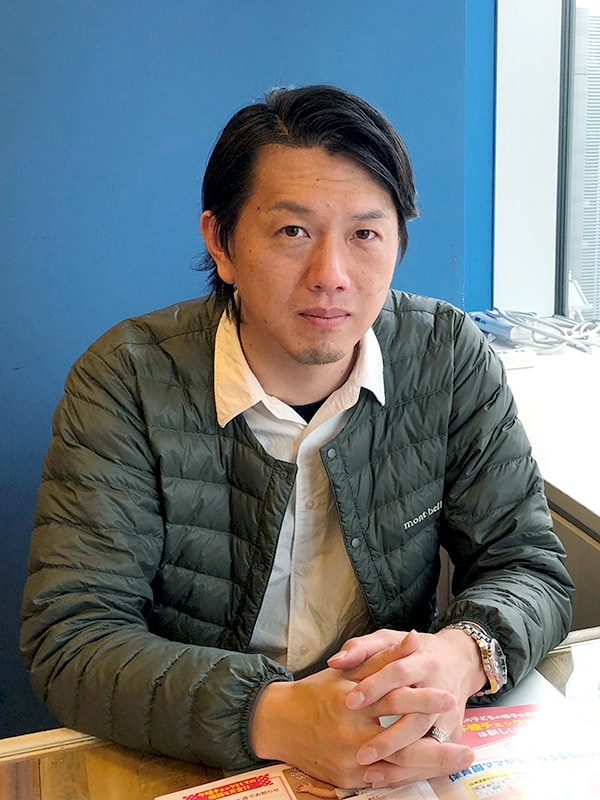
Mr. Yanase, who developed icuco
(We spoke to...)
wkwk Corporation representative director (i.e. someone chosen by the board of directors from among the directors to actually represent the company)
Yoichi Yanase
Real-time sharing of "changes in the child's physical condition (body temperature)" with the parents.
Editorial:Can you give us an overview of "icuco" and its features?
Yanase:icuco" is a service that monitors the condition of children in a nap, checking their breathing and at the same time reducing the workload of childcare workers. Childcare workers check the sleeping posture of children once every five minutes, and this service supports the so-called "noon-sleep monitoring" work.
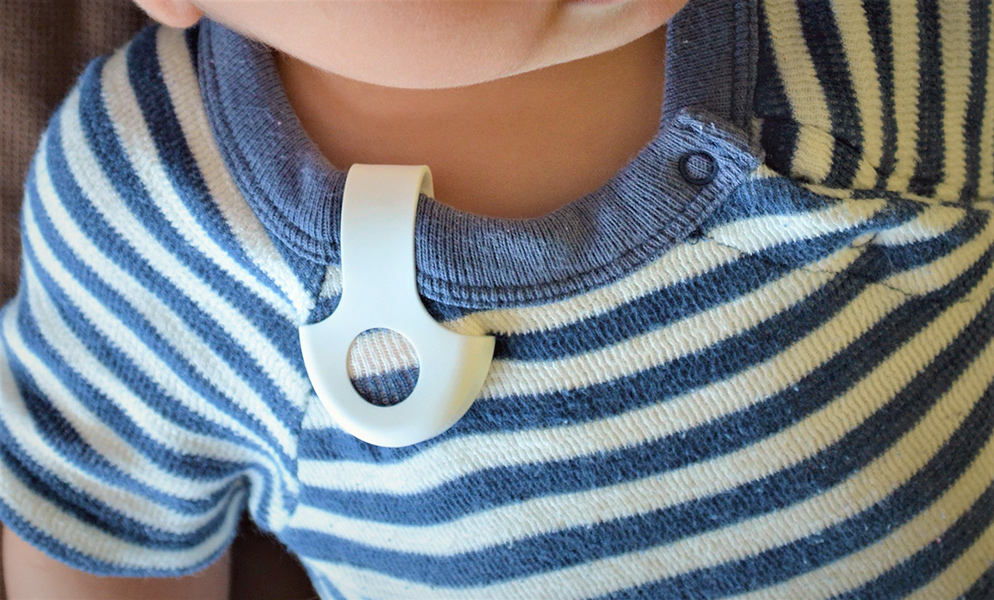
icuco checks and records a child's sleep posture and breathing during a nap.
Yanase:So far, this is what is done by other companies' services, but what icuco aims to do is to create an environment in which everyone shares the physical condition of their children, and to create a child-rearing environment in which everyone is involved in the process. To this end, icuco's sensors not only check sleep posture, respiration, and heartbeat, but also monitor body temperature and notify when the fever becomes high. This allows childcare workers to prevent, for example, a sudden rise in body temperature that could cause a child to pull over (heat cramps) while sleeping in the afternoon. In addition, parents who leave their children at daycare centers also want to know about their children's health. This is why the service allows parents to view the sleeping hours and changes in body temperature while their children are in daycare using a smartphone application.
According to our research, as a result of a survey of mothers who have left their children at day-care centers in the past, 191 out of 252 respondents were concerned about their "physical condition. These results indicate the need for a service that allows parents to check on their children's physical condition.
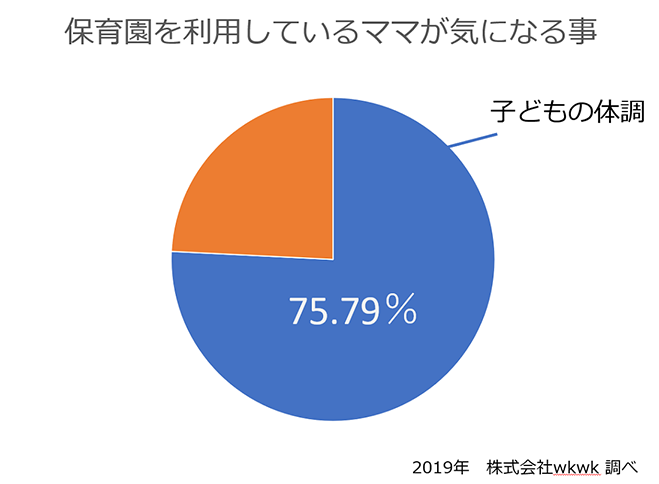
Parents who use daycare centers are most concerned about their children's physical condition
Editorial:Parents can check on their children's physical condition while they are in daycare? That is a very rare feature!
Yanase:If the body temperature rises above a certain standard, the daycare center must call the parents and ask them to pick up their child. With this service, parents can know in real time that something is wrong with their child's health, so they can be prepared and adjust their work schedule before the daycare center calls. Even if the fever has gone down when the child is picked up from daycare, the data of the child's temperature will be kept in the system, which will be more convincing. icuco chose the "noon sleep check" approach to daycare as a gateway to gain acceptance in the world, but the emphasis is on "a system that allows everyone to share information about the child's physical condition. We are focusing on "a system that allows everyone to share information about the child's physical condition.
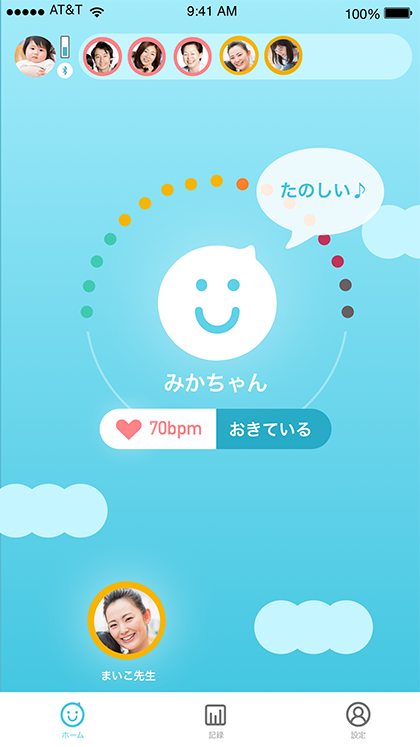
Parents can also check on their children with icuco's dedicated app.
Editorial:Will the children wear the icuco sensors only during nap time?
Yanase:Yes, we do. At present, we would like icuco to be used for children between the ages of 0 and 2 who sleep long hours and who are unable to report changes in their physical condition on their own. However, the use of icuco as a nap check is only a gateway, and in the future we would like to improve it so that children can wear it at all times.
Editorial:I understand that the design has been updated from the sensor we saw at the June 2019 Childcare Expo for a full release in March 2020.
Yanase:At the time of the Expo, the sensors were in the demonstration stage, but the current sensors are thinner and have been improved to be easier to install. For example, infants have short necks, and the sensors attached to their chests are likely to come in contact with them, so we have made them thinner and less bothersome. In addition, to prevent small parts from being swallowed by children, we have changed the shape of the attachment clip so that it is integrated with the sensor.
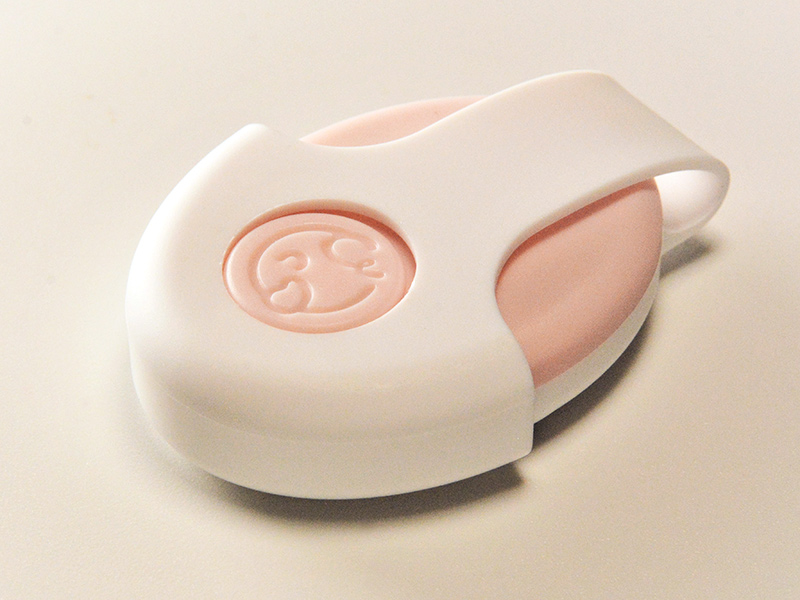
Newly designed sensors
Editorial:As for SIDS (Sudden Infant Death Syndrome), a considerable number of cases still occur today, so this kind of "watch and wait" service is still indispensable.
Yanase:The number of deaths due to SIDS in Japan over the past few years has hovered around 100. However, SIDS does not only occur in daycare centers, but also in homes, and we would like to see this type of service used in homes. However, I believe that the reason why this service has not been used until now is because of the high price of the sensors and the lack of knowledge among parents about the dangers of SIDS. For example, some children are prone to SIDS and have shallow breathing, but their parents have no way to recognize this. icuco could be used at home to analyze the data and alert the parents. In the future, we would like to provide such health suggestions and predictions.
The "Noon Sleep Monitoring Service from the Family's Perspective" was born after the child was hospitalized.
Editorial:How did the development of icuco start in the first place?
Yanase:What first inspired me to create this service was my own child-rearing experience. Actually, when my second child was 3 years old, he was hospitalized for about a month and a half. At that hospital, parents were required to stay with their child 24 hours a day, and during that time, toileting, eating, and bathing were all possible only when the child was sleeping. So I had to dash out to eat while the child was sleeping and then dash back in again, but during that time I had to take my eyes off the child. That's why I developed icuco when I thought that it would be a relief if I knew that my child was always safe, even if only while he was sleeping. ......
Editorial:Your own experience was the foundation for this, rather than analyzing the needs of daycare centers and .......
Yanase:Another trigger was an internal competition to launch a new business at a machine manufacturer in Aichi Prefecture where I worked. icuco was the plan that was submitted and selected. I was a designer at that machine manufacturer, so I had experience in manufacturing, which led to the development of icuco. The result of this competition led to the establishment of wkwk Inc. in May 2018, and further to our capital independence in 2019.
Quantified data allows for a better understanding of "child health status.
Editorial:I understand that the official release will be in March of this year, but when did the demonstration test start?
Yanase:June 2019, just since last year's Childcare Expo. We have received feedback from cooperating daycare centers that this kind of service allows them to "get to know their children better. They said that while nursery school nurses often have a sensory aspect to childcare, in other words, there is a lot of ambiguity, it is good to be able to see numerical data from icuco and objectively know, "This is how the child is doing right now. In addition, icuco sends a notification when the body temperature rises during sleep. Some said that it is very helpful to know the changes in the sleeping child's physical condition, which is difficult for humans to notice.
Editorial:It is true that even experienced childcare workers are unlikely to know that a sleeping child's fever is rising.
Yanase:In addition, we sell icuco directly without distributors, and we respond immediately to requests for improvement from nursery schools. In some cases, this has been so well received that full-scale introduction of icuco has been decided. Nursery schools generally purchase products through distributors, who are very slow to respond to requests for improvement. Another advantage of direct sales is that they can keep prices low.
Editorial:I got a simple estimate from your website, and it seemed very inexpensive compared to other companies' nocturnal monitoring systems.
Yanase:I believe that most of the equipment and supplies used in daycare centers are priced "subsidized". Our goal is to be useful in the field of childcare (i.e., general households), and there are no subsidies for this. That is why we are devising various ways to make our prices affordable so that they can be used in places other than daycare centers.
icuco's main target is "general households. And disease prediction from health data?
Editorial:Finally, can you tell us about the future development of icuco?
Yanase:The first step will be to introduce the service for use at daycare centers as a "noon-sleep monitoring service. We would like to introduce this service not to corporations, but to individuals in general, and for this purpose, we are considering having "sitters" who take care of children in ordinary homes use this service. If families are informed that the service can be used in one-on-one situations, for example, when a mother leaves her child with a father and goes out, or when a child is sick in bed with a fever, we believe that they will be able to use the service.
Editorial:It would be good PR for our families if "all the sitters" could use the system, rather than introducing it to their homes in one step.
Yanase:Also, the market is not large in Japan alone, but if you look overseas, you will find that more families use sitters than daycare centers. We are also looking at using the service in such places.
Editorial:What are the prospects for the collection, analysis, and reporting of health data by icuco that you asked about earlier?
Yanase:We would like to collect data on body temperature, pulse, sleeping posture, breathing, etc. to create and provide a "normal state" (i.e., personal data) for each child. With personal data for each child, we believe it will be possible to provide a service that detects and notifies when a child is in an unusual state. Furthermore, by analyzing the data of a large number of children, it may be possible to detect the signs of a fever or a flu epidemic in a community. In the future, we would like to use machine learning to predict such illnesses and physical ailments. We would also like to consider partnering with a company that provides telemedicine services, so that if an abnormality is detected by icuco, we can connect the child to a telemedicine service.
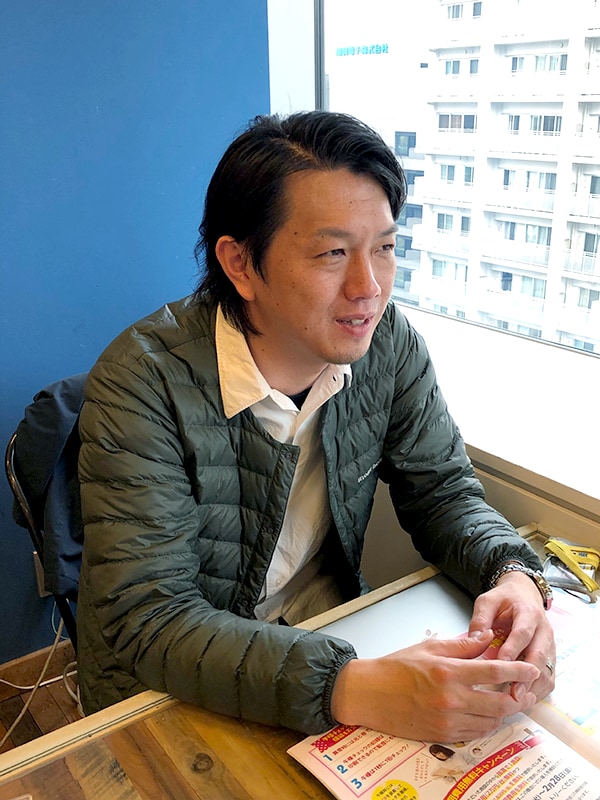
Mr. Yanase talks about the future vision of "icuco.
After the interview
With a variety of systems already on the market for nap monitoring services, including "mat-based," "sensor-based," and "camera-based" systems, I had thought that it would be difficult to create a new approach. However, when I heard about icuco's concept of "sharing children's physical condition data with everyone involved in child-rearing" during this interview, I was very interested in it as a parent who has a 1.5-year-old child at a day-care center. I also believe that this system will bring peace of mind to babysitting services, which will be increasingly used in Japan in the future. We will keep our eyes on this service, which is likely to receive tremendous support from parents with small children.
icuco" official website
https://icuco.wkwk-c.com/

